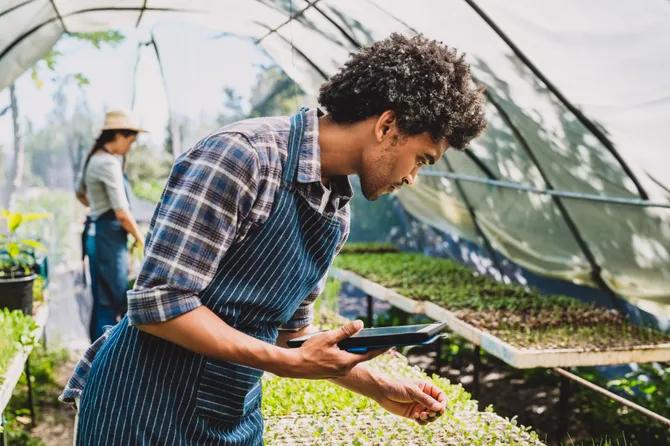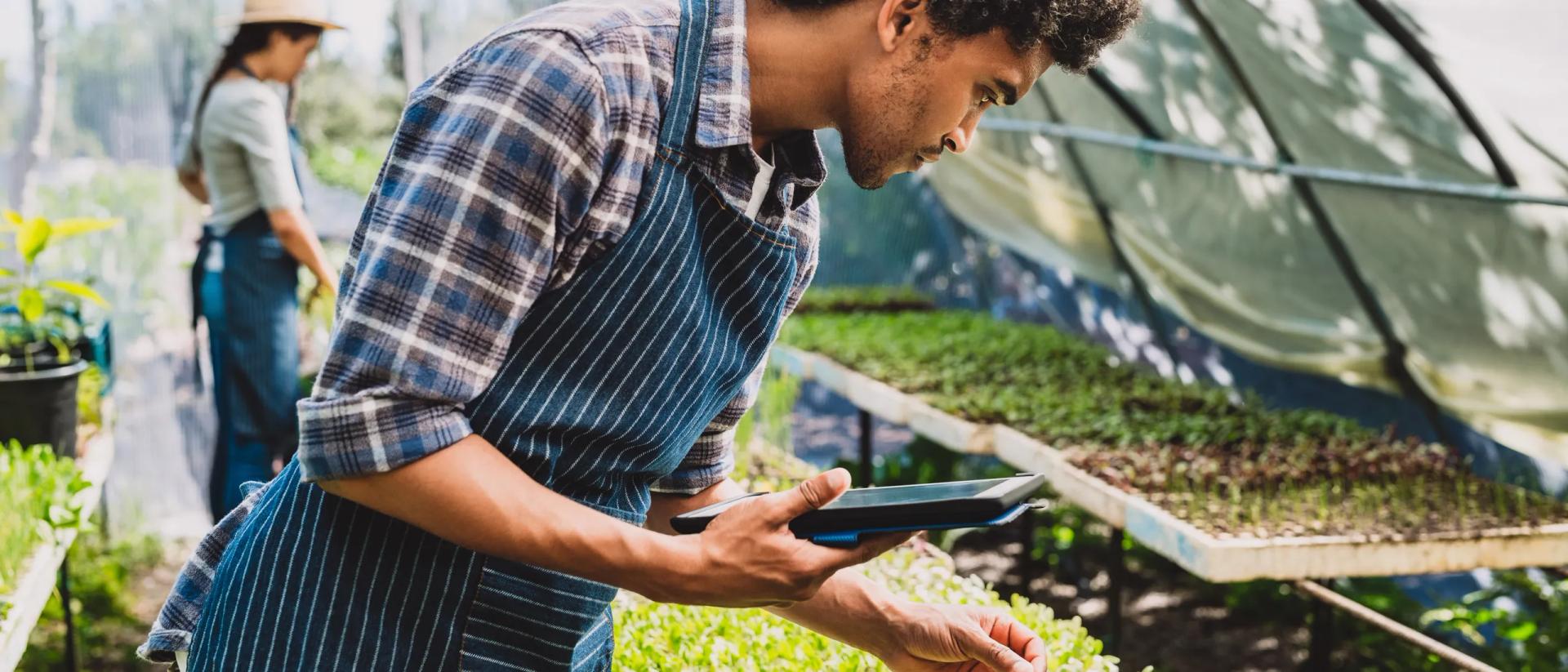Benin
Health
Training dogs to detect breast cancer, a method for screening disadvantaged women in Benin
Impact
News and Insights
The National Agricultural Training School of Matourkou proposes to test soil-less cultivation of mushrooms as a year-round viable production alternative and income generator in eastern Burkina Faso. FID funding aims to support research for a sustainable solution to diversify agriculture.
Project ported by:


The deteriorating security situation in Burkina Faso is causing massive population displacement. These displacements exacerbate the disrupting effects of climate change and the repercussions of the Covid-19 pandemic on the national agricultural production of an agricultural dependent economy.
This situation is contributing to increase poverty, weighting more heavily on internally displaced persons (IDPs) who see their crops and sources of income declining.
The project carried out by the National Agricultural Training School (ENAFA) of Matourkou aims to think about ways to reduce farmers’ dependence on land and climate in order to improve the living conditions of the people.
Mushrooms are known for their nutritional qualities, easy to implement and cheap production conditions. For this reason, the development of soil-less cultivation could play a role in addressing the problems of poverty and exponential inequality in Burkina Faso. The soil-less production method tested consists in using local materials and substrates instead of soil, as well as wastewater.
Through FID’s support, the experimental study conducted by ENAFA in Matourkou aims to verify the economic benefits of soil-less mushroom production in four localities in the east of the country.
The National Agricultural Training School of Matourkou proposed to conduct an experimental study in four locations to provide the national database with reliable data and verify the economic profitability of soil-less agriculture in Burkina Faso.
However, only a few training activities in villages, data collection, and site installation were carried out, without achieving the expected results within the framework of the project, which has been closed.
Projects
Projects funded by FID